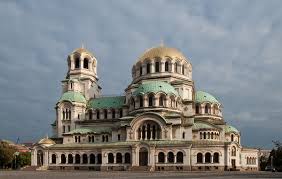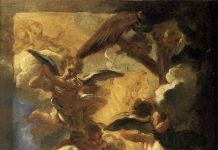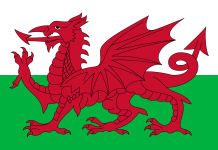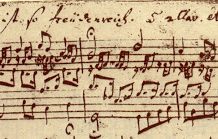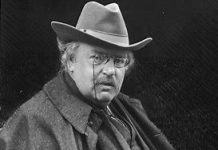Pope Francis begins his journey – I like to think of these as pilgrimages, as all our journeys ultimately should be – to Bulgaria today, and he has his work cut out for him. Like most nations in Europe, Bulgaria suffered and was carved up as a result of the two World Wars, fighting on the losing side each time – that is, with Germany. But she has little of Deutschland’s post-war success, and is in fact a nation in steep decline. I was going to quote a statistic or two, but here is a summary from Wikipedia, which sums things up:
Bulgaria is in a state of demographic crisis. It has had negative population growth since the early 1990s, when the economic collapse caused a long-lasting emigration wave. Some 937,000 to 1,200,000 people—mostly young adults—left the country by 2005. The total fertility rate (TFR) was estimated at 1.46 children born per woman in 2017. The majority of children are born to unmarried women. Furthermore, a third of all households consist of only one person and 75.5% of families do not have children under the age of 16. The resulting birth rates are among the lowest in the world while death rates are among the highest.
The ‘1.46’ children per woman is telling, one of the lowest in the world. Bulgaria is a dying nation.
In terms of religion, three-quarters of Bulgaria’s population of 7 million subscribe to ‘Orthodoxy’, Christians with the full sacramental economy, but sadly in schism since the split in 1054, who are the primary focus of the ecumenical movement. Yet their Patriarchs have a priori refused to participate in any liturgical events or ecumenical prayers with the Holy Father, whom they perceive, and us along with him, in schism with them.
Monsignor Angelo Roncalli – the future Pope Saint John XXIII – was Apostolic Visitor to Bulgaria for a decade, beginning on April 25, 1925, and left a lasting legacy of holiness, good-will and charitable works. Here’s hoping Pope Francis can build upon that foundation, so that all may be open to the fullness of truth, hope and even prosperity the Catholic Church offers.
And on that note of hope, I would highly recommend perusing this timeless Easter reminiscence from the inimitable Father George Rutler, which helps us see what the Resurrection of Christ really meant, and means.

